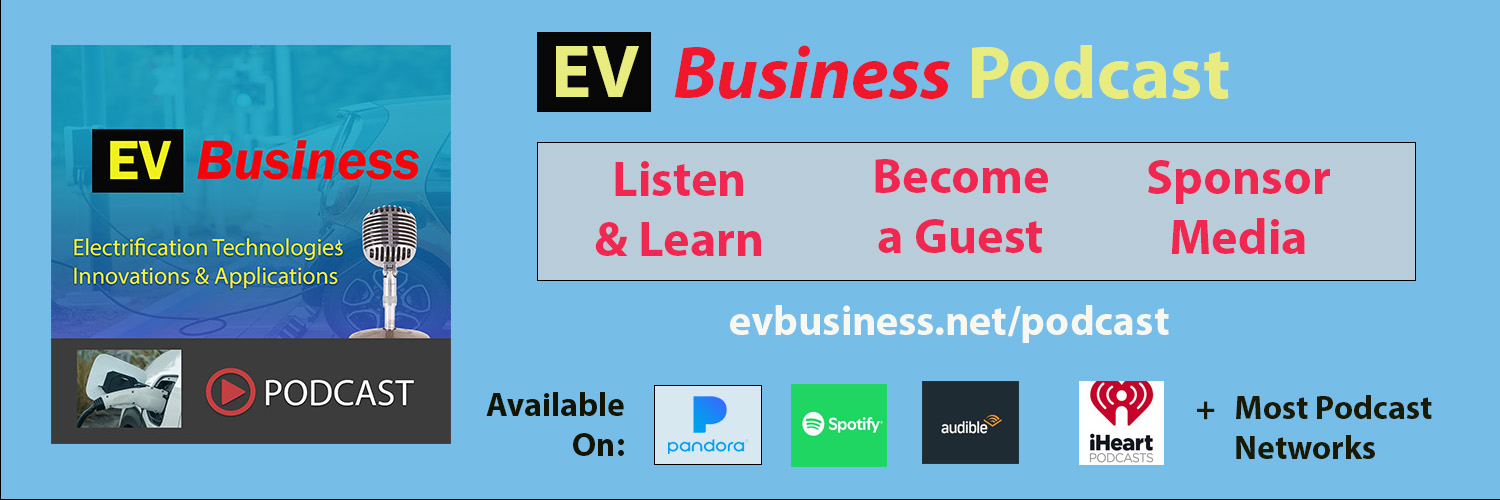EV Charger reservation and booking systems use apps or platforms to enable residents to reserve EV charging times, reducing conflicts in shared parking areas.Shared EV chargers in apartments and multi-tenant properties often create conflicts, frustration, and unfair access for residents. EV Charger Reservation Systems solve these problems by enabling residents to reserve charging times in advance, eliminating double-booking, managing queues, and ensuring equitable charger access. With features like a user-friendly mobile app and web portal, real-time reservation scheduling, automated waitlist handling, billing integration, and notifications, residents can easily plan charging while property managers gain control through dashboards, rules, analytics, and conflict management tools. Hardware integration, security, scalability, and green energy optimization further enhance system value. Learning more about EV Charger Reservation Systems can help property owners and managers deliver reliable, fair, and future-ready EV charging services.
EV Charger Reservation and Booking Systems

EV Charger Reservation Systems List
AmpUp EV Cloud – Includes driver reservations and access control functions.
Ampcontrol Reservation Platform – Helps reserve EV chargers and optimize usage.
BreatheEV – Reservation-based EV charging system for properties with analytics and reserved access.
Buzze – App allows scheduling charge sessions up to 7 days in advance.
ChargeLab – Supports scheduled/reserved usage for multi-family and commercial sites.
EVmatch – Enables users to locate, reserve and pay for charging sessions; supports group/resident-based reservations.
EVrez – Reservation of specific station ports for designated times.
Future Energy Guest EV Charger Booking – Guest EV charger booking API for venues, supports reservations for hospitality and apartment use.
GO TO-U – Advanced Reservation Technology (ART) lets drivers book charging slots in advance.
Gaadin EV Booking Management – Booking-management system for charging station time-slots, real-time availability.
Greenlogic EV Charging Management Software – Integration of a ‘convenient reservation system’ for drivers to reserve a station ahead.
Parkalot EV Charger Management – Enables employees or site users to book available EV chargers in advance.
Parkalot EV Chargers Management – Automates reservation process with real-time tracking of availability.
Reserve & Charge – Platform for advance charge-point reservations (UK).
Universal EV Charging SaaS – SaaS platform offering ‘reservation management’ for booking charging slots in advance.
Wevo Energy – Optimizes scheduling of charge-point usage in apartments.
EV Charger Reservation Systems Key Features and Capabilities
Access Conflict Management
The system includes built-in rules to prevent double-booking, manage wait queues, and enforce fair usage policies. This feature is important because it avoids disputes between residents and ensures everyone has equal opportunity to charge.
Administrative Controls
Property managers are provided with dashboards, rule-setting tools, analytics, and reporting features to oversee charger usage. This is important because it helps administrators monitor usage patterns, enforce policies, and improve efficiency in shared spaces.
Billing and Payment Options
The platform supports multiple billing models—per session, hourly, or by kilowatt-hour—while offering secure payment processing and integration with property billing systems. This is important because it ensures residents are charged fairly while streamlining financial management for the property.
Customizable Reservation Rules
Property managers can configure booking lengths, set limits on advance reservations, and enforce cancellation policies to fit community needs. This is important because it gives flexibility to tailor the system to the property’s specific rules and resident expectations.
Data Privacy and Security
Strong encryption and compliance standards protect user data, payments, and charger access from unauthorized use or breaches. This is important because it builds resident trust and ensures compliance with legal and regulatory requirements.
Energy Load Management Integration
The reservation system connects with smart load balancing tools to optimize electricity usage and prevent power system overloads. This is important because it lowers utility costs and allows more chargers to operate on existing electrical capacity.
EV Charging Hardware Integration
The platform supports multiple charger brands, provides remote control, and displays real-time charger status. This is important because it ensures flexibility in hardware selection and helps properties avoid being locked into a single vendor.
Fair Access Management
Quotas, rotation systems, or prioritization rules are included to prevent residents from monopolizing charger availability. This is important because it promotes fairness and avoids frustration for residents with limited access.
Green Energy Integration
The system can prioritize charging during times when renewable energy is available or during off-peak hours. This is important because it helps reduce electricity costs and supports sustainability goals.
Multiple Charger Management
The platform provides visibility across multiple charging stations at a property, allowing residents to choose or be assigned the best option. This is important because it makes scheduling simpler and reduces the chances of unused chargers sitting idle.
Notifications and Alerts
Residents receive reminders, real-time updates, and alerts when their charging sessions start, end, or require action. This is important because it helps residents manage their time and prevents chargers from being blocked unnecessarily.
Overstay and Idle Fee Management
Penalties or idle fees are applied when residents leave their vehicles plugged in after charging has finished. This is important because it encourages residents to move their cars promptly, making chargers available for others.
Reservation Scheduling Tools
The system allows residents to make advance bookings, set up recurring reservations, and view real-time charger availability. This is important because it gives residents confidence that they can plan their charging needs without uncertainty.
Resident Access Control
The platform ensures that only authorized residents can reserve chargers or start a charging session. This is important because it prevents outsiders from using property resources and keeps access limited to the intended community.
Resident Communication Tools
In-app messaging and notification tools allow residents to resolve conflicts or receive updates directly through the reservation system. This is important because it reduces misunderstandings and provides a clear communication channel.
Scalability
The system can expand as new chargers are installed, support future updates, and integrate with building or parking systems. This is important because it protects the property’s investment and ensures long-term usability.
Support & Reliability
The solution includes 24/7 customer support, uptime guarantees, and training resources for residents and administrators. This is important because it reduces frustration, ensures smooth operation, and builds confidence in the system.
Third-Party System Integrations
The platform connects with property management systems, parking platforms, or tenant apps to streamline operations. This is important because it reduces administrative burden and provides a seamless user experience.
User-Friendly Mobile App
Residents can use an intuitive mobile application that works on multiple devices with simple login and booking steps. This is important because it makes the system accessible and easy for everyone to use.
User-Friendly Web Portal
A web-based portal allows residents to reserve chargers from laptops, desktops, or other devices, with the same simple login and booking features as the mobile app. This is important because it ensures accessibility for residents who prefer not to use mobile apps.
Waitlist Management
The system automatically assigns chargers to residents in queue if a reservation is canceled or a session ends early. This is important because it maximizes charger utilization and reduces wasted charging time.
EV Charger Reservation Systems Glossary
Access Control – A security feature that ensures only authorized residents or users can reserve and operate EV chargers.
Administrative Dashboard – A management console for property managers to monitor charger usage, enforce rules, and access reports.
Advanced Metering Infrastructure (AMI) – Smart metering technology that records energy usage in detail and enables accurate billing and load management for EV charging.
Application Programming Interface (API) – A set of rules and tools that allows different software systems, such as reservation platforms and property management software, to communicate and integrate with each other.
Billing Models – The methods of charging users for EV charging sessions, which may include per-session, hourly, or kilowatt-hour (kWh) billing.
Customer Relationship Management (CRM) – A system that may integrate with reservation platforms to manage resident communication, support, and engagement.
Data Privacy – The protection of residents’ personal and payment information in compliance with security standards and regulations.
Demand Charges – Extra utility costs incurred during periods of peak energy use, which load management systems can help reduce.
Energy Management System (EMS) – A platform that optimizes the flow of energy to EV chargers and other building loads to reduce costs and prevent overloads.
Idle Fees – Charges applied to users who leave their vehicles plugged into a charger after the charging session is complete, preventing access for others.
Internet of Things (IoT) – A network of connected devices, including EV chargers, that communicate and share data for smarter management.
Kilowatt-hour (kWh) – A unit of energy measurement used to calculate EV charging consumption and billing.
Load Management – A system feature that balances and optimizes electricity distribution to multiple chargers, preventing power overloads.
Mobile Application (Mobile App) – A smartphone-based interface that residents use to reserve, pay, and monitor EV charging sessions.
Open Charge Point Protocol (OCPP) – A widely adopted communication standard that allows EV charging stations and management systems from different vendors to work together.
Overstay Penalties – Fees or enforcement actions applied when users exceed their reserved charging time or session limits.
Peak Shaving – A technique to reduce energy consumption during high-demand periods to lower utility demand charges.
Property Management System (PMS) – Software used by property managers that can be integrated with EV charger reservation systems for billing, tenant access, and reporting.
Queue Management – A reservation system feature that manages waitlists and automatically assigns chargers when they become available.
Renewable Energy Integration – The ability of reservation systems to align EV charging schedules with renewable energy availability, such as solar or wind, to reduce costs and emissions.
Reservation System – A digital platform or application that enables residents to book charging time slots, reducing conflicts in shared parking areas.
Scalability – The ability of a reservation system to expand and support additional chargers, users, and features as demand grows.
Smart Grid – An advanced electrical grid that uses digital technology to monitor, predict, and optimize electricity distribution, including EV charging loads.
User Authentication – The process of verifying a resident’s identity to ensure only authorized users can reserve or access chargers.
User Interface (UI) – The visual layout and controls of a mobile app or web platform that determine how easily residents can make reservations and manage charging.
Waitlist Functionality – A feature that ensures residents in queue are automatically assigned a charger when a cancellation or early session end occurs.

